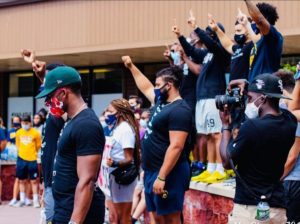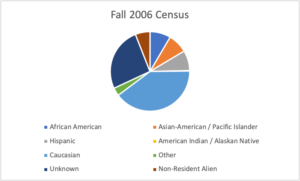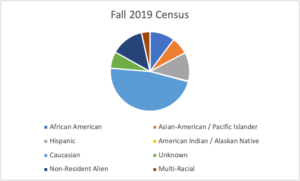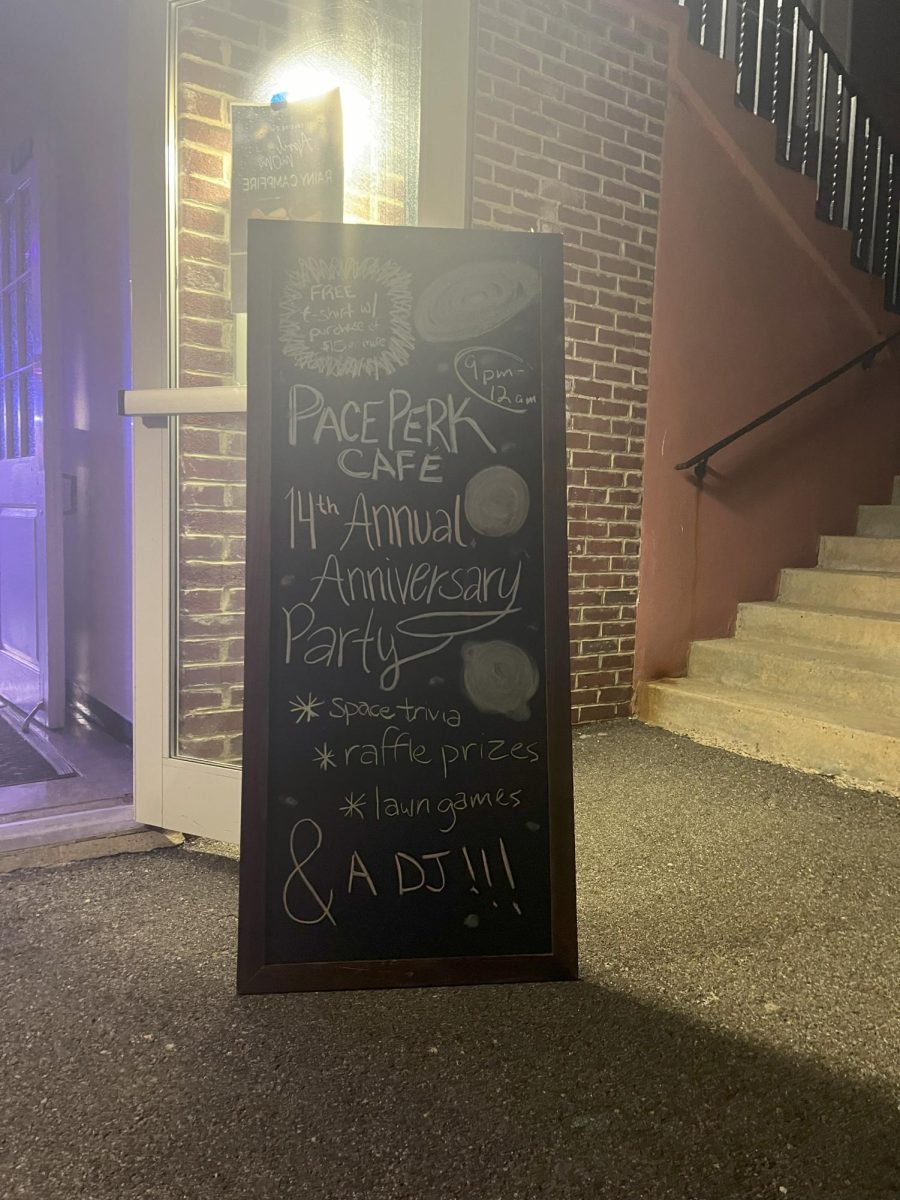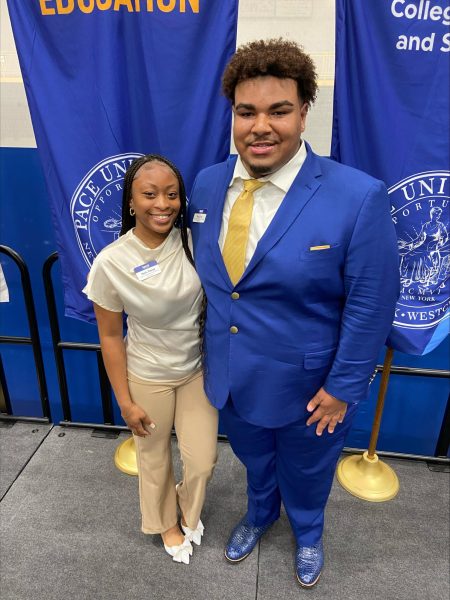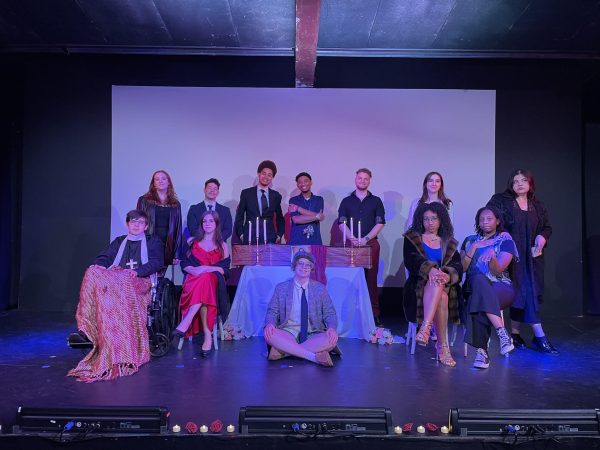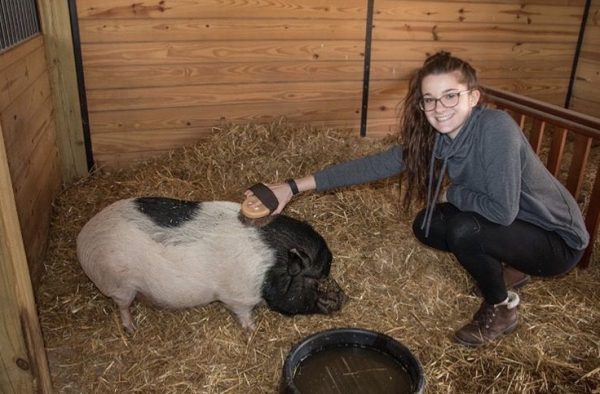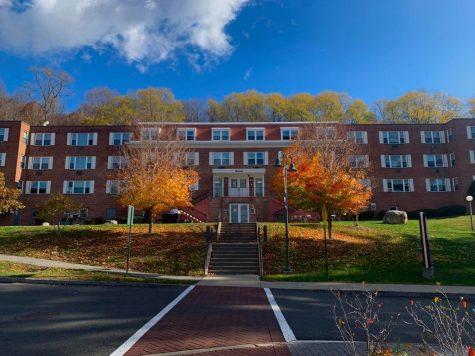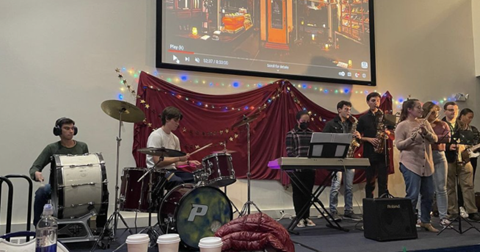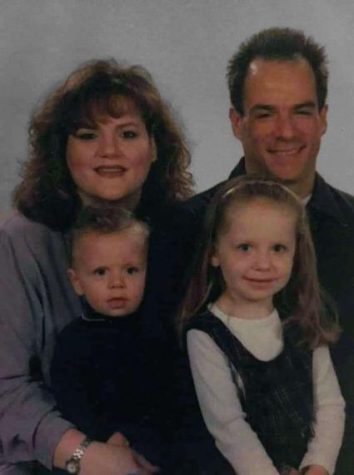Diversity plays key role at Pace
October 27, 2020
Diversity plays a main role within universities and other institutions. Pace is striving to implement diversity in as many aspects as possible in its tightly knit community.
Brandon Joachim and Tianna Orwig, Diversity Ambassadors for the Diversity and Social Justice Committee, were surprised to hear how diverse the university was back in 2006 to. With 13,463 students enrolled in both undergraduate and graduate programs, 5,399 of them were Caucasian. This leaves the remaining 60% of the student population to be made up of minorities.
“I honestly wouldn’t have expected it to be that diverse,” explained Orwig. The ambassadors spoke about how shocking the numbers from 2006 were. This provoked curiosity to see how things had changed since then.
In the fall semester of 2019, Pace recorded 13,612 undergraduate and graduate students among all three campuses. This is 149 more students than that recorded in 2006. Despite the similar numbers of students, the percentages of ethnicities/race have changed.
As of the latest data, Caucasian students made up 49% of the 13,612 students at Pace. This, however, does not mean that there was a notably larger number of minorities in 2006 than in 2019.
African American students made up 2.1% more of the population in 2019 than in 2006, growing from 1,150 students to 1,410. Hispanic students made up 4% more of the student population, growing from 1,109 students in 2006 to 1,654 in 2019.
In the 2019 census, there was a section for multiracial students that did not appear in the 2006 census. This category comprised 3.6% of the student population at 487 students. This could have been a factor in why students in the “unknown” category went down 19% from 2006 to 2019.
Orwig mentions something else that could have affected this.
“How ‘unknown’ went down. I feel like that changes with the time. People and their identities definitely is more prominent, people are more proud of who they are than back in 2006, so they’re more likely to [mark] it,”explained Orwig.
It is important for institutions to prioritize diversity for best efficiency stated Joachim.
“It’s good to be aware of everything. People may have certain beliefs or certain values, things like that,” he added.
Joachim’s position on the Diversity and Social Justice Committee was created recently in response to numerous social justice issues occurring within the U.S.
Pace has also created a Social Justice Week to bring light to issues within our community.
These are only a couple of ways Pace has endeavored in becoming more diverse.
The story of DJ Henry has resurfaced attention amongst the campus. The student population has demanded for an increase of awareness of the Henry story. Pace is honoring Henry during social justice week through ceremony’s, reflections and by dedicated the inaugural social justice week to him